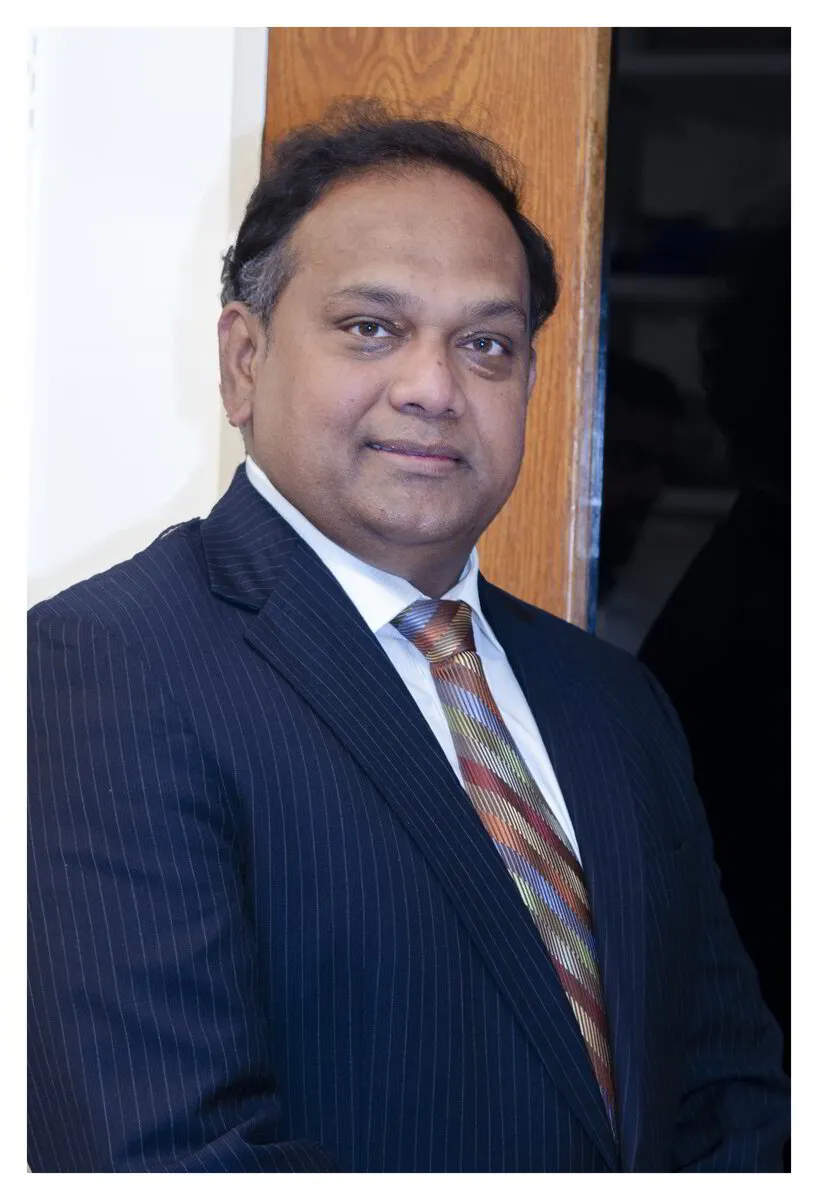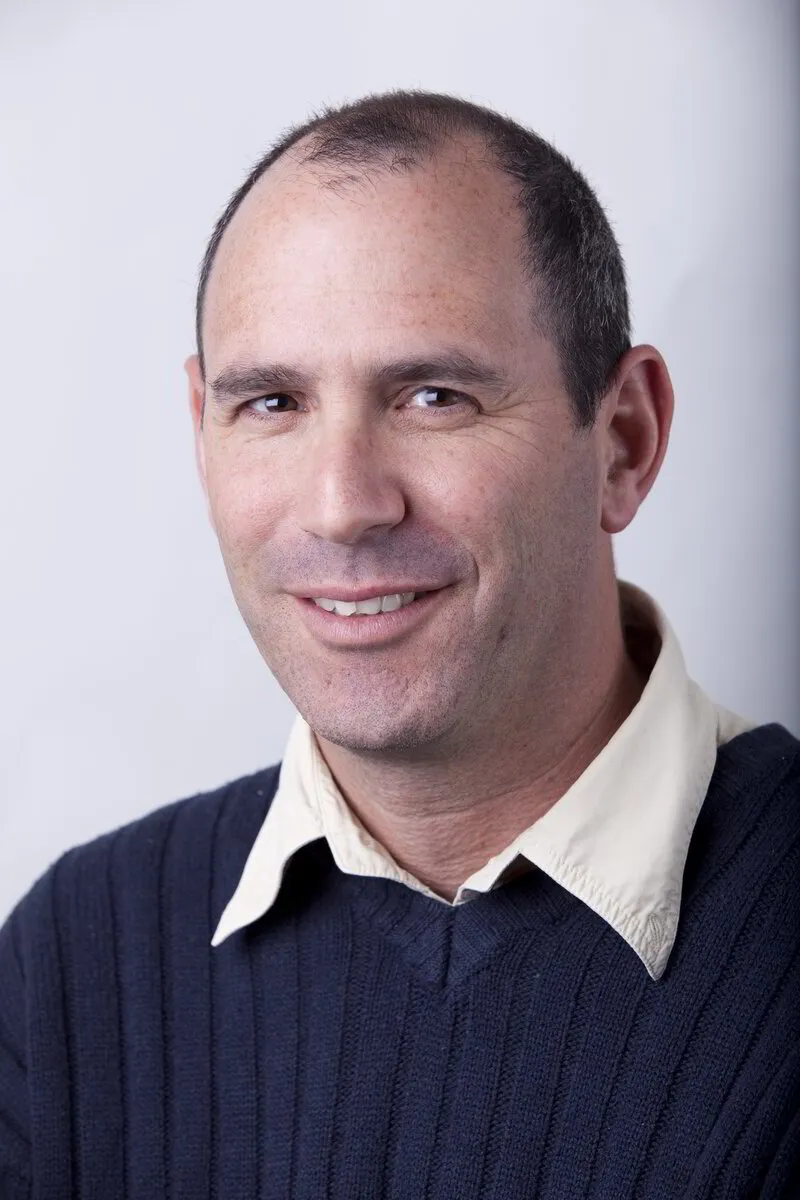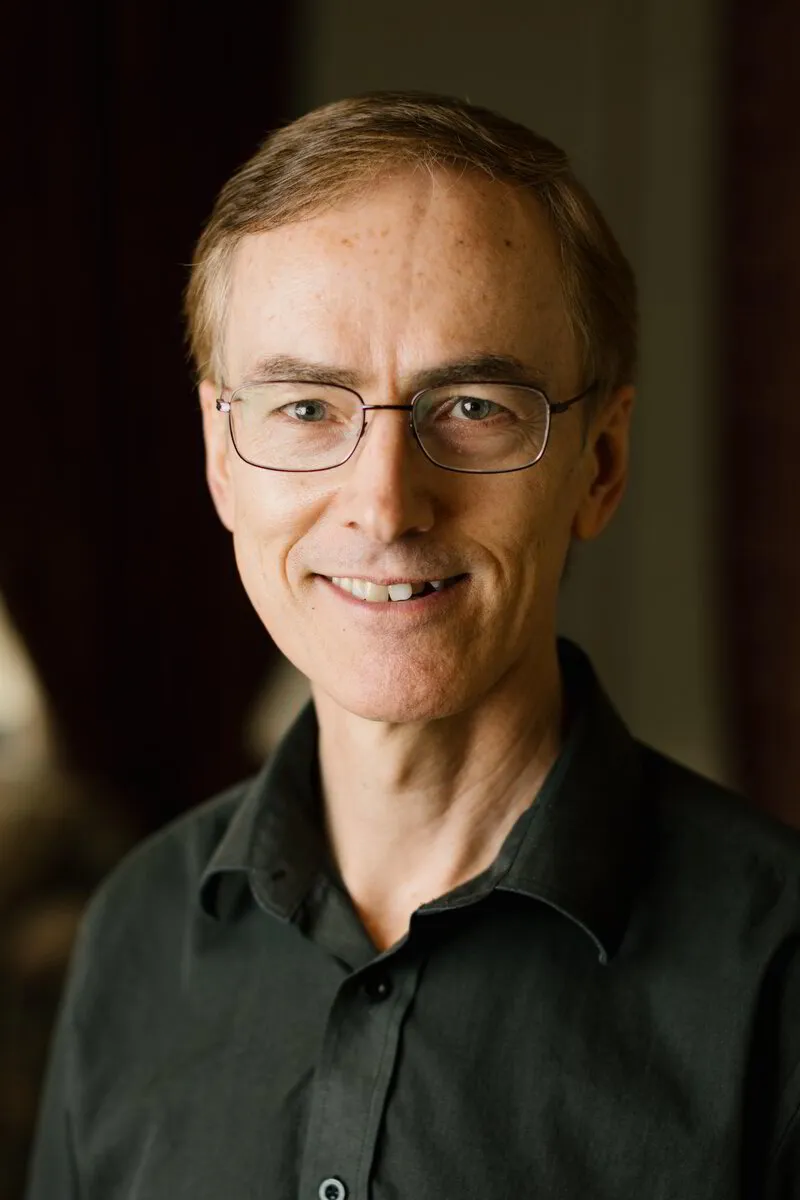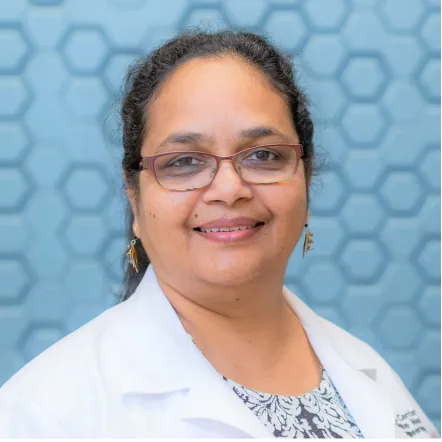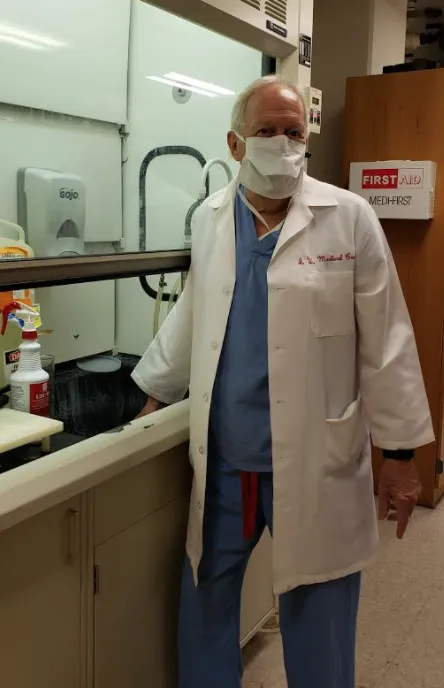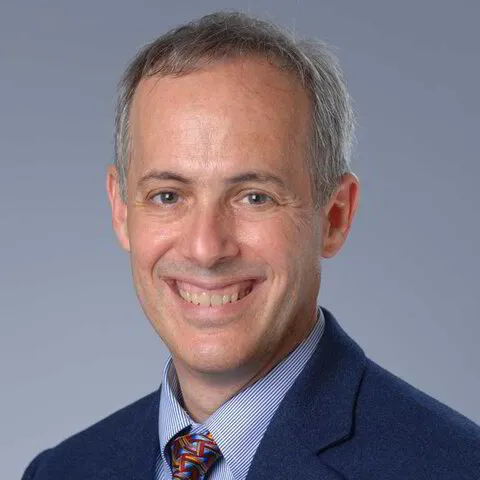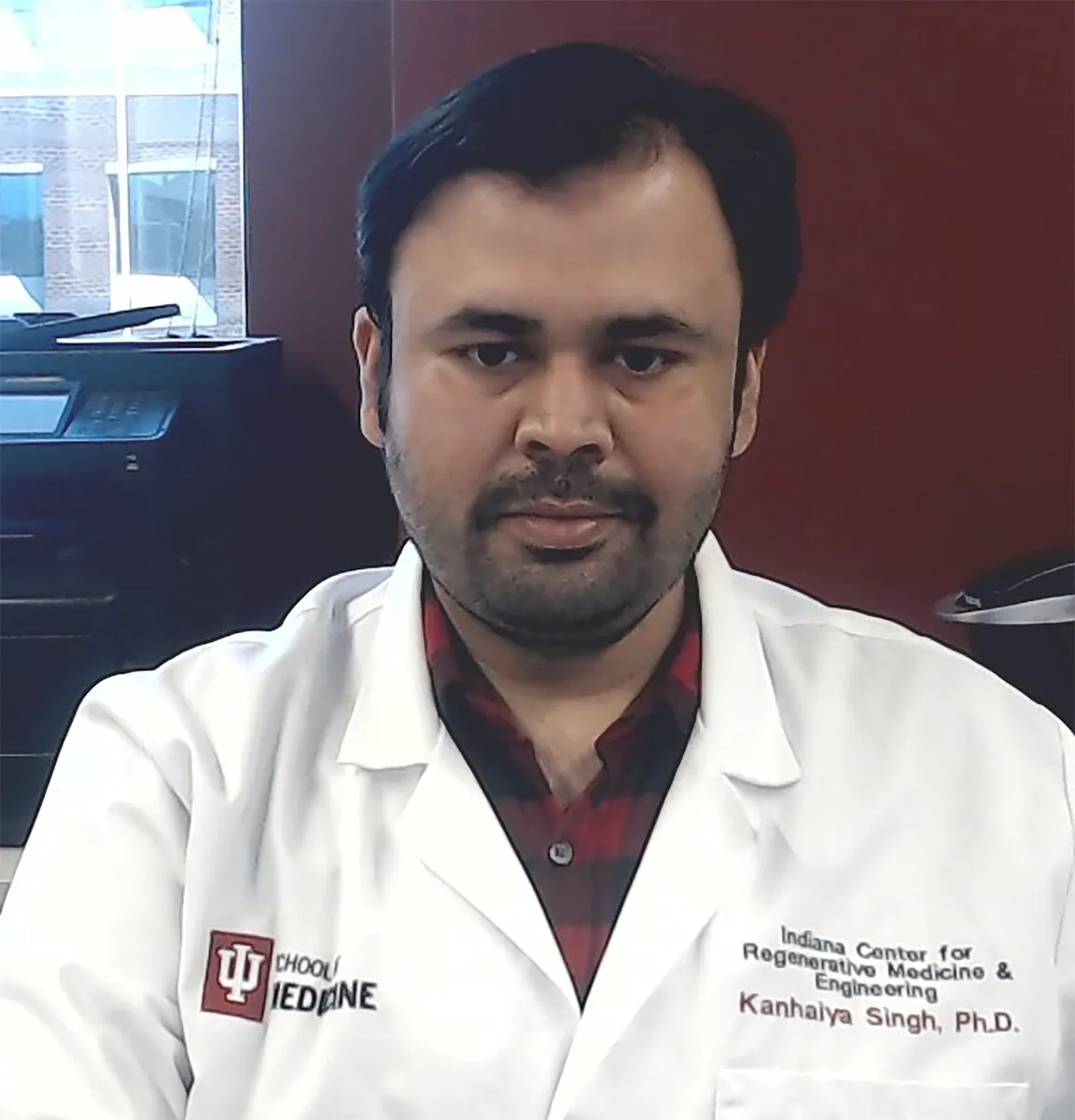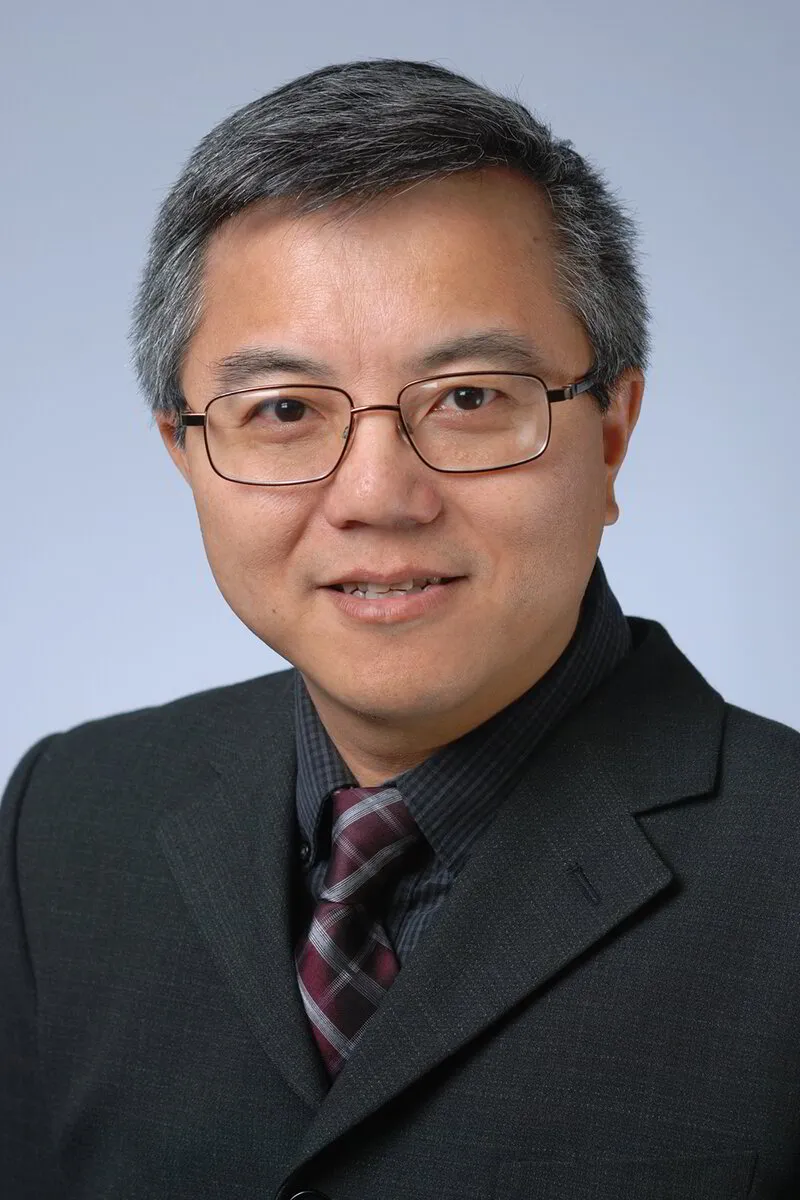IU TEAM
CHANDAN K. SEN
PRINCIPAL INVESTIGATOR
Dr. Chandan K. Sen is a J. Stanley Battersby Chair and Professor of Surgery, Director of the Indiana Center for Regenerative Medicine and Engineering (ICRME), and Executive Director of the Comprehensive Wound Care Center at IU Methodist Hospital. At IU, he serves as Associate Vice President of Research. At the IU School of Medicine, he serves as Associate Dean of Research. At Indiana University Health, Dr. Sen is the Executive Director of the Comprehensive Wound Center. Dr. Sen is recognized as a Lilly INCITE scholar.
Dr. Chandan K. Sen, Ph.D. serves as the inaugural Director of the Indiana Center for Regenerative Medicine and Engineering at Indiana University. He is the J. Stanley Battersby Chair and Professor of Surgery at the Indiana University School of Medicine and also the Executive Director of the Indiana University Health Comprehensive Wound Center. He is an Editor-in-Chief of the #1 rated journal in redox biology Antioxidants & Redox Signaling (impact factor 7.407). He is also an Editor-in-Chief of Advances in Wound Care (impact factor 5.20). He completed Masters of Science in Human Physiology from the University of Calcutta, and received his PhD in Physiology from the University of Kuopio in Finland. Dr. Sen trained as a Postdoctoral Fellow at the University of California at Berkeley's Molecular and Cell Biology department.
The overriding theme that covers the research interests of the Sen laboratory across programs is Tissue Injury and Repair. This overarching umbrella includes regenerative medicine and cell-based therapies, stroke, tissue injury and repair, miRNA in injury and repair, cell and tissue reprogramming, redox signaling, wound healing, tissue oxygenation, wound epigenetics and biofilm infection. He is a widely recognized expert in regenerative medicine and wound healing. His research group works across a comprehensive platform covering basic cell culture to small animal and large animal models to human and patient-based research. Dr. Sen is continually opening up exciting new frontiers in regenerative medicine and is a leading example of a successful and altruistic scientist whose work is improving healthcare and the quality of patient lives globally.
AMIT HAGAR
Fulbright Scholar, two times NSF Scholar Award winner, PhD from the University of British Columbia (2004), in Philosophy and Physics.
Amit Hagar, a Fulbright Scholar, and a two times NSF Scholar Award winner, has earned his PhD from the University of British Columbia (2004), where he was trained in Philosophy and Physics. His interests lie in the intersection of computer science with physics and biology, especially in the development of solid tumors and in non-alcoholic fatty liver disease. He has authored numerous manuscripts and peer-reviewed articles and owns several patents in the domain of biomedicine.
His role in the grant is to analyze the notion of programmed cell death and compare it to regenerative apoptosis and to necrosis or death by trauma, and to clarify what it takes to introduce the notion of "cause of death" as a new biological variable.
VISIT AMIT HAGAR'S NEWS ARTICLE
TIMOTHY O’CONNOR
Timothy O’Connor received his PhD in philosophy from Cornell University in 1992. He is the Mahlon Powell Professor of Philosophy and core member of the Cognitive Sciences Program at Indiana University. He has taught at IU since 1993 (serving as dept chairman 2006-12), apart from visiting research fellowships at the Universities of Notre Dame, St. Andrews, and Oxford and an appointment as Distinguished Professor at Baylor University. His main areas of scholarship are metaphysics, philosophy of mind/cognitive science, and philosophy of religion. He has published over 80 scholarly articles and reviews and two monographs, Persons and Causes: The Metaphysics of Free Will (Oxford, 2000) and Theism and Ultimate Explanation (Blackwell, 2008). He has also edited and contributed to five books plus a science journal issue: three focused on the philosophy of mind and action and three that explored of ‘emergent’ or ‘top-down’ forms of explanation in several natural sciences. He is currently a member of an eighteen-person international team of philosophers and neuroscientists investigating the neuroscience of free will.
Dr. O’Connor will explore the implications of the striking cellular phenomena under study for philosophical questions concerning the unity of biological organisms, the nature of death, and the interplay between ’top down’ and ‘bottom up’ causal processes in the human organism.
VISIT TIMOTHY O’CONNOR'S WEBSITE
SASHWATI ROY
Sashwati Roy, PhD is a Professor of Surgery and Director of Clinical Research at IUH Comprehensive Wound Center.
Sashwati Roy, PhD is a Professor of Surgery and Director of Clinical Research at IUH Comprehensive Wound Center. She is an expert in inflammation and macrophage biology in chronic wounds. Her laboratory focuses on immune cell heterogeneity and responses in tissue injury and inflammation. She has extensive experience with cell, molecular biology and advanced omics approaches. She has published numerous papers on single cells omics specifically using laser capture microdissection. Her background in high throughput omics and immunology/molecular biology will contribute substantially to this project.
Dr. Roy will lead the analytical team along with Kanhaiya Singh
GEORGE E SANDUSKY
Professor, Dept Pathology and Laboratory Medicine, IU School of Medicine
He came from southeast Ohio and graduated from Ohio University, then Ohio State, and finally Louisiana State University for pathology residency training and PhD work. He was also board certified in 1981 in anatomic pathology. He joined Lilly Research Labs in 1981 and was recognized for his technical contributions that have impacted programs targeting cancer and cardiovascular disease in both the discovery and medical arenas. He has represented an area responsible for target validation of new molecular targets using human disease cases and animal models. He joined the Indiana University Medical School faculty as a clinical assistant professor in 1984 in the Department of Pathology and transitioned to Indiana University School of Medicine in 2007 full time. He has been a professor in the Department of Pathology and Laboratory Medicine in the Indiana University School of Medicine since 2003 and a group leader in the Freshman and Sophomore Medical School teaching program. He has been responsible for the IU Simon Cancer Center Tissue Bank for the past fourteen years and has been working with clinicians and researchers in the Simon Cancer Center for the past fourteen years.
Current outside events include: Board of Directors of the Indiana Medical History Museum, volunteer work at the Eiteljorg Museum of American Indians and Western Arts, and CSI (Crime scene investigation) weekend events at the Indiana State Museum. He was selected for the Distinguished Alumni Award at Ohio State University at Spring Graduation in 2016.
Our lab will lead the tissue procurement team and be responsible for reviewing the histology of each case.
PETER H. SCHWARTZ
Peter H. Schwartz, MD, PhD, is Director of the Indiana University Center for Bioethics and Director of the Bioethics and Subject Advocacy Program of the Indiana Clinical and Translational Sciences Institute (CTSI).
He is also Associate Professor of Medicine at IU School of Medicine and Associate Professor of Philosophy at Indiana University - Purdue University, Indianapolis. Dr. Schwartz practices adult outpatient medicine in the Eskenazi Health System. He received his M.D. and Ph.D. in Philosophy from the University of Pennsylvania and completed his residency in Internal Medicine at the Brigham and Women’s Hospital in Boston, MA.
Dr. Schwartz conducts research and writes about ethical issues in many areas, including shared decision-making, precision health, health information, and ideas of health, disease, and risk. He leads research projects on patient decision-making and risk communication in preventive and precision healthcare, with previous funding from the American Cancer Society and the Patient Centered Outcomes Research Institute. He is currently the principal investigator of a project examining the impact of providing personalized risk information to patients due for colorectal cancer screening, and to their providers, funded by the Patient Centered Outcomes Research Institute (PCORI).
For the current project, Dr. Schwartz will analyze the ethical and philosophical implications of the scientific findings and support further discussion and broader understanding of these topics.
CLICK HERE FOR MORE INFORMATION ABOUT DR. SCHWARTZ.
CLICK HERE FOR MORE INFORMATION ABOUT THE IU CENTER FOR BIOETHICS,
KANHAIYA SINGH
Kanhaiya Singh, PhD is an Assistant Professor at the Indiana Center for Regenerative Medicine and Engineering, Indiana University.
He did his PhD from Banaras Hindu University, India on Genetic Analysis of impairment of Diabetic Wound Healing. His research interest is to dissect the molecular mechanisms of diabetic vasculopathy. His laboratory currently focuses on characterizing epigenetic mechanisms such as DNA methylation as a proxy for abnormal gene–environmental interactions in diabetic ischemic wounds. This includes whole genome sequencing approaches to investigate transcriptional regulation, post-transcriptional regulation (microRNA), and epigenetic regulation. His recent works include implications of SILAC proteomics, single-cell transcriptomics and single-cell ATAC sequencing approaches to investigate the molecular pathways that are compromised during human diabetic wound healing impairment.
Dr. Singh will use his expertise in high throughput single cell genomics that will be applied to the proposed studies. He will be primarily responsible for experimental design and analyses of data generated from postmortem samples. He will closely work with Drs. Sen, Roy and Wan and actively participate in generating data, writing reports and manuscripts and presenting research.
JUN WAN
Assistant Professor at Department of Medical and Molecular Genetics at Indiana University School of Medicine.
Jun's research interests are in bioinformatics and computational systems biology. His lab uses diverse approaches to investigate gene regulation, associated biological pathways, and functionally networks from transcriptional level to translational level. In particular, he focuses on deciphering epigenetic codes to understand impacts of genetic mutations and epigenetic variations on dynamic gene regulatory networks. Since 2007, he has been conducting studies of gene regulation mechanisms from multiple dimensions, including transcription factor regulation, DNA methylation, alternative splicing, microRNA regulation, histone modifications, genome-wide chromatin organizations. In addition, his lab works on public domain data to integrate a wide variety of ‘-omics’ datasets to explore comprehensive patterns of gene regulatory networks. Serving as director of Collaborative Core for Cancer Bioinformatics (C3B) shared by Indiana University Simon Comprehensive Cancer Center (IUSCCC) and Purdue University Center for Cancer Research, Jun Wan now oversees the bioinformatics analyses and training through the C3B. In the meanwhile, he engages to develop diverse cutting-edge analyses on next-generation sequencing (NGS) data and other omics data, such as RNA-Seq, single cell RNA-seq (scRNA-seq), ChIP-Seq, ATAC-seq, single cell ATAC-seq (scATAC-seq), Whole Genome Bisulfite Sequencing (WGBS), Whole genome/exome sequencing, and CRISPR/Cas9 among others.
In the Templeton project, Jun Wan supervises bioinformatics analysis and leads the method development to analyze the data and improve biologists' hypothesis

